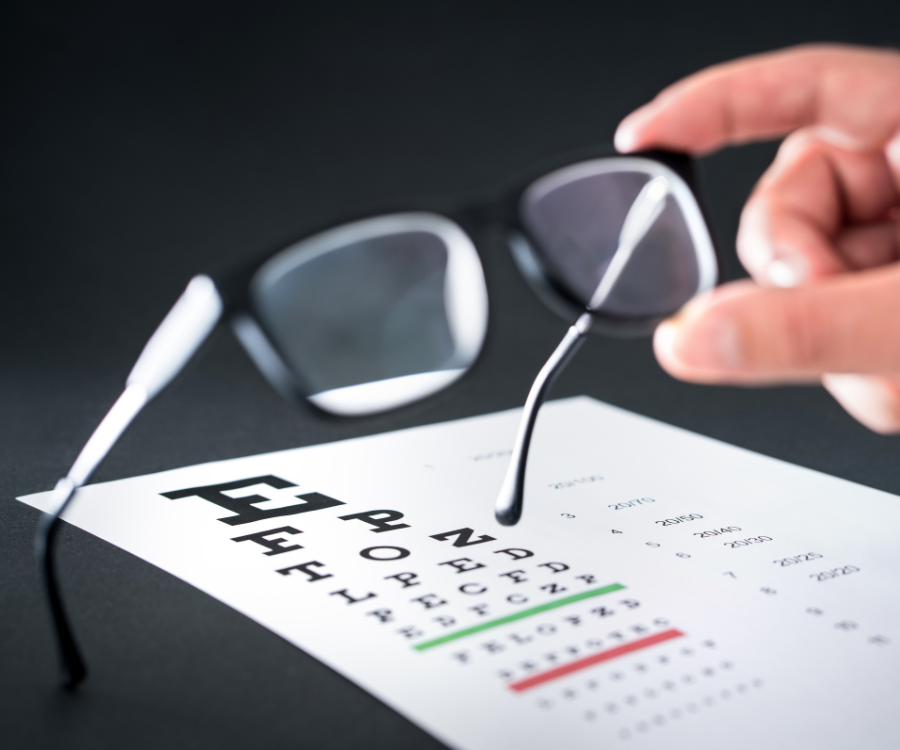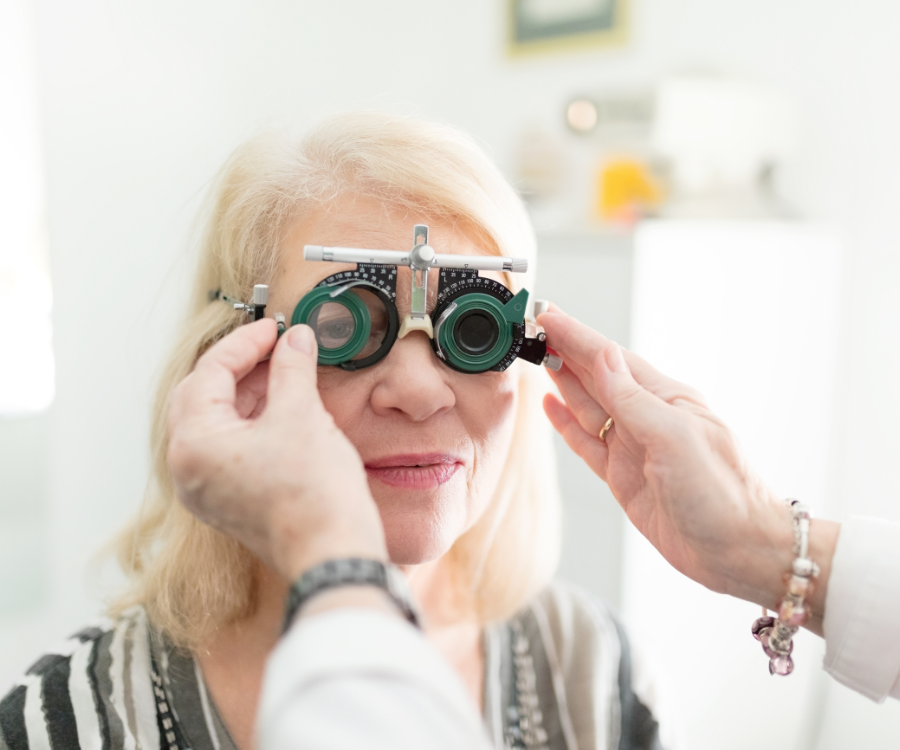How Your Diet Influences Eye Health
We’ve all heard the saying, “You are what you eat,” but did you know that this adage extends to your eye health as well? Just like other parts of your body, your eyes rely on a balanced diet to function optimally and maintain their health. In this blog post, we’ll explore the connection between diet and eye health, and how making smart dietary choices can help protect your vision for years to come.
- Nutrients for Nourishing Eyes: Certain nutrients play a vital role in supporting eye health. These include:
- Vitamin A: Essential for maintaining good vision, vitamin A helps protect the cornea and is a component of rhodopsin, a protein in the retina that aids in low-light vision.
- Omega-3 Fatty Acids: Found in oily fish like salmon and tuna, omega-3 fatty acids contribute to the structural integrity of the retina and may help prevent age-related macular degeneration (AMD) and dry eye syndrome.
- Lutein and Zeaxanthin: These antioxidants are abundant in leafy green vegetables like spinach and kale. They help filter harmful blue light and protect the eyes from oxidative damage.
- Vitamin C: Found in citrus fruits, strawberries, and bell peppers, vitamin C supports the health of blood vessels in the eyes and may reduce the risk of cataracts and AMD.
- Vitamin E: Nuts, seeds, and vegetable oils are rich sources of vitamin E, which helps protect cells in the eyes from oxidative stress and age-related damage.
- Protecting Against Age-Related Conditions: A diet rich in fruits, vegetables, whole grains, lean proteins, and healthy fats can help reduce the risk of age-related eye conditions such as AMD, cataracts, and glaucoma. These conditions often develop slowly over time, but making proactive dietary choices can help preserve vision and delay the onset of these diseases.
- Maintaining Healthy Blood Sugar Levels: High blood sugar levels associated with diabetes can lead to diabetic retinopathy, a condition that damages the blood vessels in the retina and can cause vision loss if left untreated. By consuming a balanced diet that includes complex carbohydrates, fiber, and lean proteins, individuals can better manage their blood sugar levels and reduce their risk of diabetic eye complications.
- Hydration for Eye Comfort: Proper hydration is essential for maintaining tear production and preventing dry eye syndrome. Drinking an adequate amount of water each day, along with consuming hydrating foods like fruits and vegetables, can help keep the eyes moist and comfortable.
- Limiting Harmful Substances: In addition to consuming beneficial nutrients, it’s important to limit the intake of substances that can harm eye health. Excessive alcohol consumption, smoking, and consuming high-sugar, high-fat foods can all contribute to inflammation and oxidative stress in the eyes, increasing the risk of vision problems over time.
Your diet plays a significant role in supporting overall health, including the health of your eyes. By incorporating nutrient-rich foods and adopting healthy eating habits, you can nourish your eyes from the inside out and reduce your risk of developing age-related eye conditions. Remember, protecting your vision starts with what’s on your plate.




